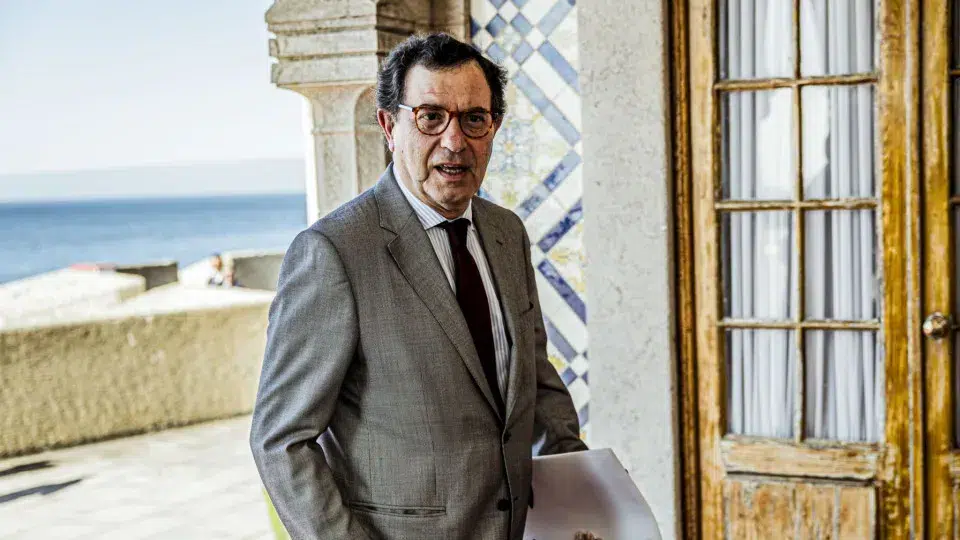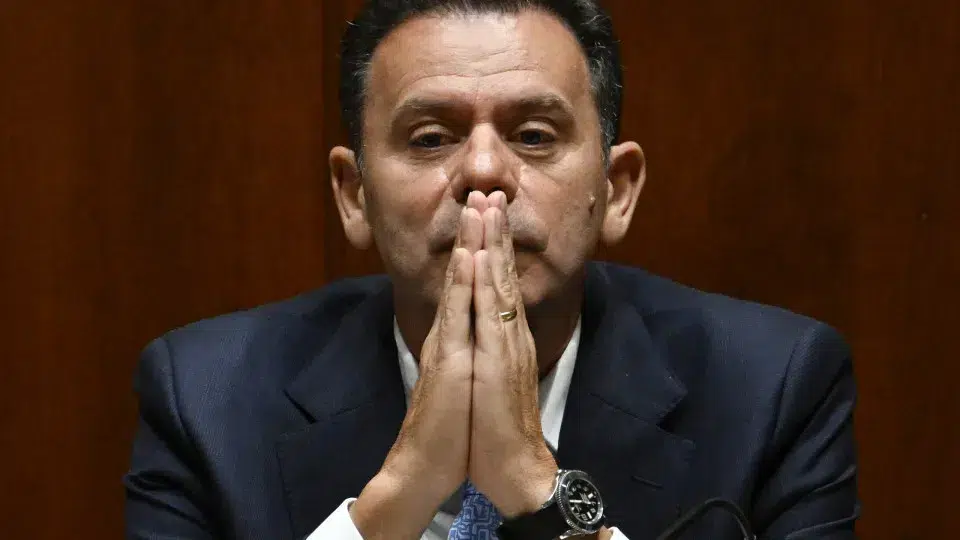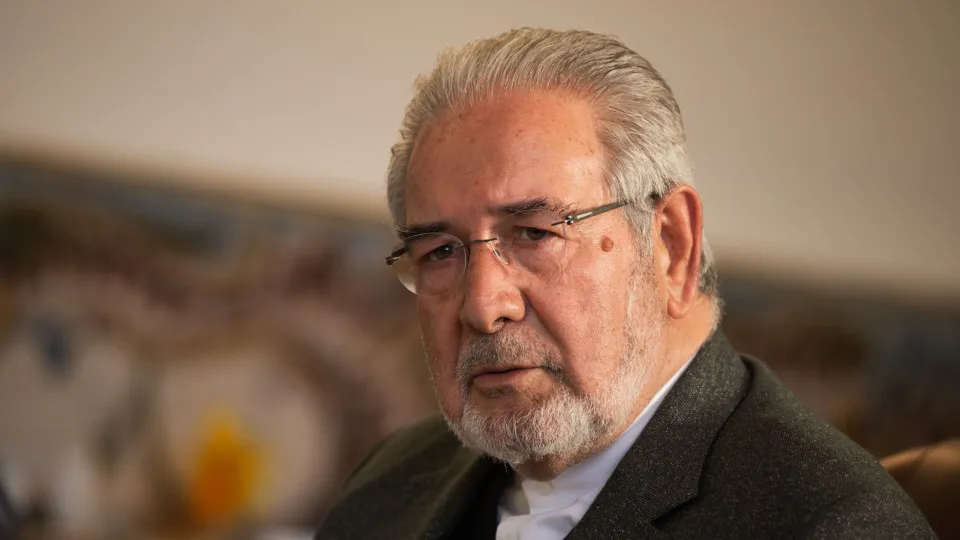
The Economy Minister emphasized the importance of economic growth and increased income as priorities, expressing confidence that if Portuguese citizens find themselves financially better off, they will continue to support the PSD with their votes.
Manuel Castro Almeida spoke as the guest speaker at the 21st edition of the PSD’s Summer University, which continues through Sunday in Castelo de Vide (Portalegre), under the theme “Better Economy: More Income”.
“If the Portuguese understand that under this government they are experiencing better income, they will continue to support us with their votes (…) If people feel they have more disposable income, more money in their pockets, that is the main criterion for them to keep voting for us,” he declared, noting that this real income growth occurred in 2024 and “is on the same path” for 2025.
The Minister of Economy and Territorial Cohesion highlighted that, alongside balanced public finances, the Prime Minister made economic growth to increase Portuguese incomes and sustain the social state the main priority of the 25th Government at its inauguration.
“If the Portuguese want a policy of increasing income, they know which party can guarantee this,” he emphasized.
Castro Almeida seized the opportunity posed by a question from one of the students at the PSD’s Summer University—a training initiative for young professionals—to criticize the PS for blocking the initial formulation the government intended to apply to the IRS for those under 35, proposing a maximum rate of 15%.
“I would say it is your duty to ensure no young person is unaware that the PSD government, the AD government, wanted to set a 15% ceiling on the youth IRS rate, and the PS prevented this approval. Young people are paying more than we wanted against our wishes. I confess I still don’t understand the Socialist Party’s rationale,” he stated, calling the party’s position “unforgivable”.
At the session’s conclusion, responding to journalists regarding statements by PS Secretary-General José Luís Carneiro, who claimed it was the Socialist Government that first created a youth IRS scheme, Castro Almeida urged the socialists to be “more modest”.
“There was something called youth IRS, initiated by the PS, but I just want to remind you that it was only for graduates. Therefore, it excluded all young people who weren’t graduates, which is rather offensive. I don’t know why this topic is still being discussed. Better to put an end to it,” he asserted.
Nevertheless, Castro Almeida expressed the Government’s openness to revisiting the topic if the PS is willing to “create a more favorable regime for young people, improve youth income, and ensure they don’t have to leave the country for better earnings abroad”.
Asked if the Government is considering reintroducing its initial youth IRS proposal, he replied, “That is a matter to discuss with the Finance Minister; the opportunity and timing of such issues are with the Finance Minister, not me”.
For about two hours, the minister explained to the students how the Government aims to overcome the income gap that still separates Portugal from the European average and what he perceives as his mission.
“I have long believed that the main characteristic of the Economy Minister is to have political strength in the Council of Ministers to influence various sectoral policies towards increasing competitiveness,” he stated.
However, he admitted that the role he most enjoyed was being mayor: “Forget being a Secretary of State, a deputy, or a minister, what truly fulfills you is being a mayor. At least in my case, that was true. In the previous government [of Pedro Passos Coelho], I was Secretary of State to Minister Miguel Poiares Maduro and often told him, ‘If you keep behaving well, you might still become a mayor’,” he joked.
Castro Almeida affirmed that the main differentiation factor for companies must be innovation—and that science should also be used to “transform knowledge into invoices”—while reiterating the 300 million euro increase in funds included in the Mobilizing Agendas of the Recovery and Resilience Plan (PRR).
In this regard, he highlighted two projects included in these consortia uniting companies and research centers: the design and production in Portugal of a 19-seat light aircraft for civilian and military use, and the construction of a satellite launcher for space in the Azores.




